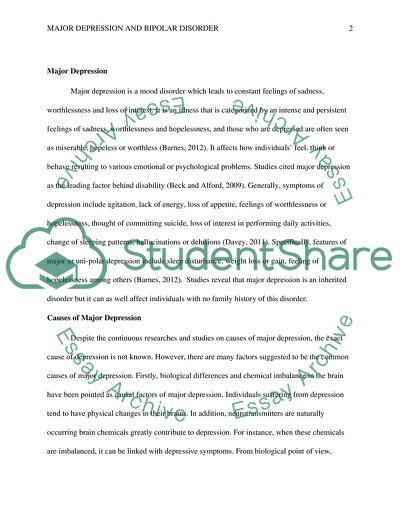Cite this document
(“Major depression and bipolar disorder, the aetiologies and possible Essay”, n.d.)
Major depression and bipolar disorder, the aetiologies and possible Essay. Retrieved from https://studentshare.org/psychology/1630429-major-depression-and-bipolar-disorder-the-aetiologies-and-possible-treatments
Major depression and bipolar disorder, the aetiologies and possible Essay. Retrieved from https://studentshare.org/psychology/1630429-major-depression-and-bipolar-disorder-the-aetiologies-and-possible-treatments
(Major Depression and Bipolar Disorder, the Aetiologies and Possible Essay)
Major Depression and Bipolar Disorder, the Aetiologies and Possible Essay. https://studentshare.org/psychology/1630429-major-depression-and-bipolar-disorder-the-aetiologies-and-possible-treatments.
Major Depression and Bipolar Disorder, the Aetiologies and Possible Essay. https://studentshare.org/psychology/1630429-major-depression-and-bipolar-disorder-the-aetiologies-and-possible-treatments.
“Major Depression and Bipolar Disorder, the Aetiologies and Possible Essay”, n.d. https://studentshare.org/psychology/1630429-major-depression-and-bipolar-disorder-the-aetiologies-and-possible-treatments.


